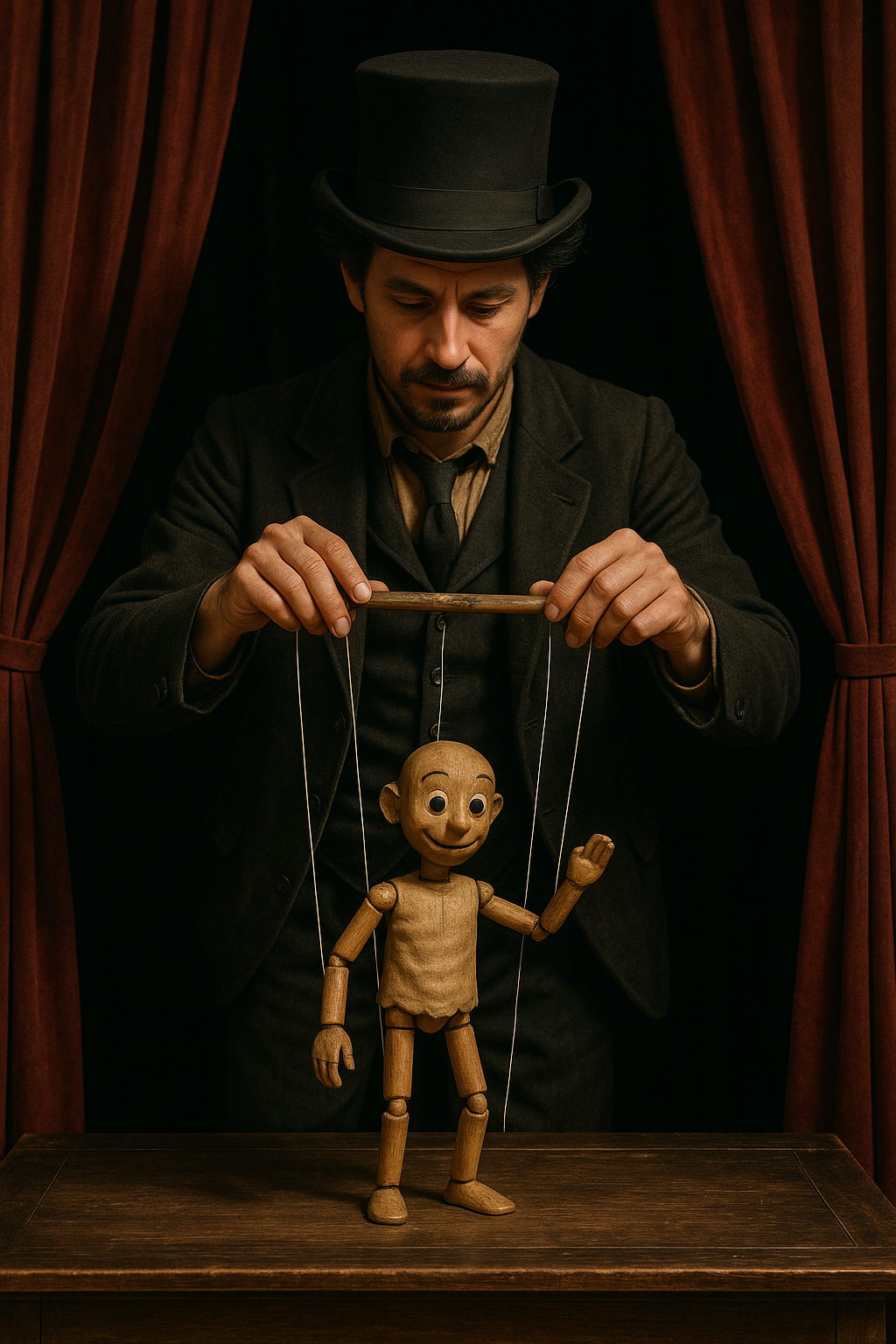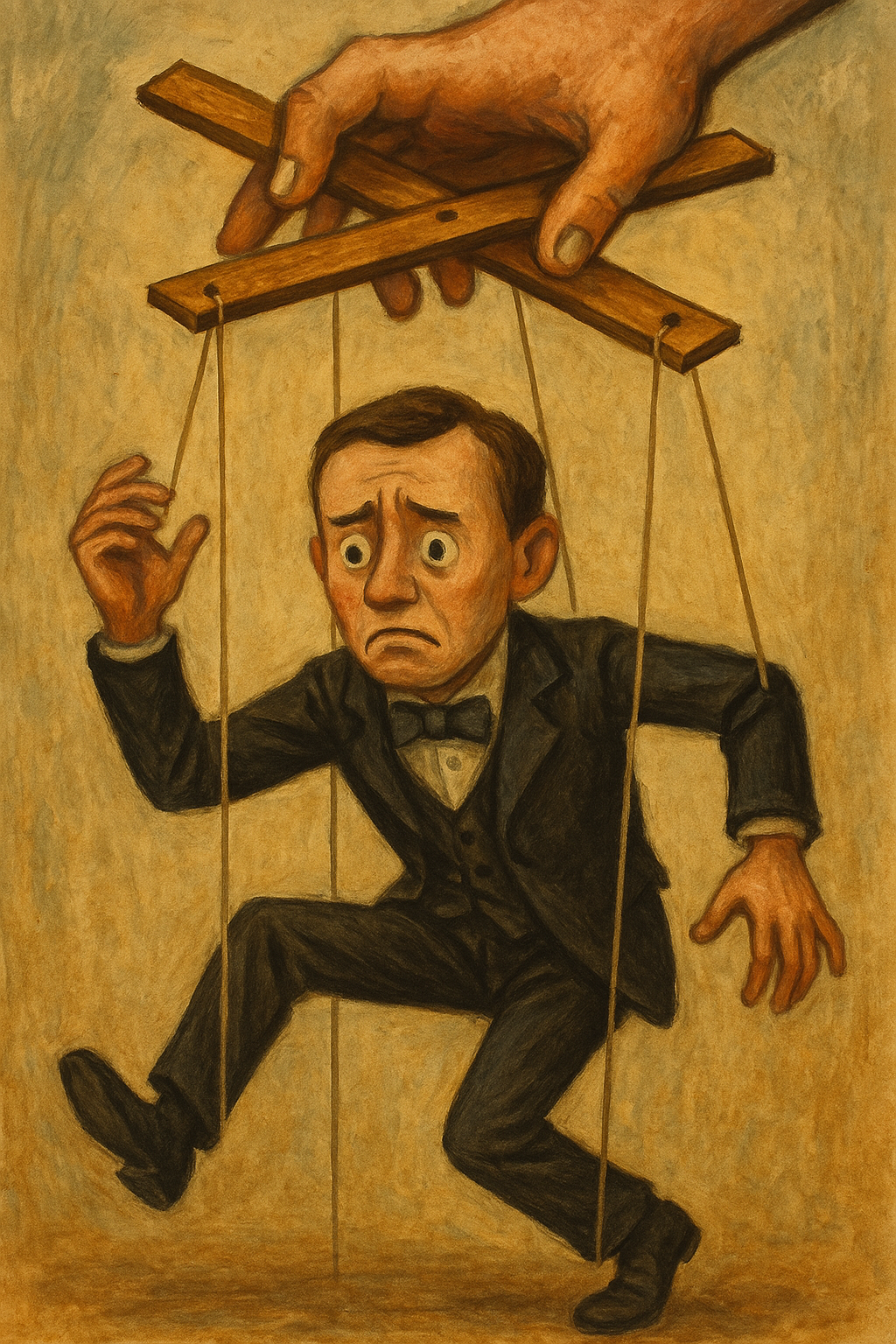Ever noticed how the older you get, the more life starts to feel like a cosmic joke? Maybe that's why I've spent decades bantering with Elohim, poking fun at my own misadventures and the absurdities swirling around us—especially when the world insists on idolizing actors and chasing fleeting fame. Whether you've sat through a disastrous court date for a friend's speeding ticket or survived a weekend with the Unification Church, if you can laugh at the madness, you just might be onto something. This post isn't your grandkid’s tidy motivational guide—it's a raw, rambling stroll through the weird alleyways of aging, full of wild turns, sacred sidebars, and maybe a few flies.
Section 1: Aging, Humor, and the Absurdity of Celebrity Worship
If you’ve ever wondered about the secret to surviving the aging process with your sanity intact, here’s a hint: find the punchline in disaster. As you get older, humor becomes less of a luxury and more of a lifeline. Life’s chaos, once overwhelming, starts to look a little bit like slapstick. The older you get, the easier it is to laugh at the messes—yours, and everyone else’s.
You might notice, too, that your relationship with the world (and maybe even with God) gets funnier with time. As one wise soul put it:
"I've always had this jokey, funny relationship with God, and it's it's gets even funnier these days. The older and the worse things get, the funnier it is."
Research shows that humor and aging go hand in hand. Laughter helps you keep perspective, especially when things don’t go as planned. In fact, studies indicate that humor is a powerful tool for maintaining mental health as you age. It’s not just about jokes about aging—though those help, too—it’s about seeing the absurdity in life’s unpredictability.
Why Do We Worship Celebrities?
Here’s a question that gets more interesting the longer you live: Why do we turn flawed mortals into objects of devotion? Society’s obsession with actors, musicians, and even politicians can seem baffling, especially when you’ve seen how the sausage gets made. You might catch yourself wondering why Marlon Brando, for example, was ever considered a genius. Or why Andy Warhol’s fifteen minutes of fame became a prophecy.
You start to see the cracks in the silver screen. The people we idolize are, more often than not, just as lost as the rest of us. Sometimes more so. As you age, you gain the wisdom to see through the glitter and recognize the emptiness behind the curtain. It’s a kind of liberation—one that lets you laugh at the spectacle rather than get caught up in it.
Aging as Liberation: The Beat Generation’s Detachment
At seventy-one, nothing shocks you anymore. You might even feel a bit like a character from a beat novel, observing the circus from the sidelines. The world spins on, full of noise and drama, but you’re just watching, detached. Maybe you’re like Kerouac with a touch of Buddhist detachment, or Neil Cassidy minus the chaos.
This detachment isn’t apathy. It’s a kind of freedom. You’ve seen it all—literally. As one person put it:
"It's strange. But it that's just the case. You know? I'm seventy one years old. I've seen it all."
This perspective is hard-won. It comes from a lifetime of witnessing the absurdity of public idols, the rise and fall of spiritual movements, and the endless parade of new age philosophies. Maybe you’ve even dabbled in a few yourself—Catholic, Buddhist, Unification Church for a weekend (just long enough to realize you’re not buying what they’re selling). Each experience adds a layer of humor and detachment.
Anecdote: Defending the Indefensible
Let’s get specific. Picture this: It’s July twenty eighth, nine thirty seven AM. You’re in court, not for yourself, but for a friend who thought driving 120mph in a VW on the 490 Beltway was a good idea. You’re there to defend the indefensible. The whole scene is so ridiculous, you can’t help but laugh. This is what aging and humor look like in real life—finding the comedy in the chaos.
As you age, you realize that the world is a stage, and most of us are just improvising. The cult of celebrity, the endless search for meaning, the wild escapades of youth—they all become stories you can laugh about. And in that laughter, you find a kind of truth that’s more valuable than any idol or ideology.

Section 2: Spiritual Side Roads – Wrestling with Faith, Insanity, and Babylonian Distraction
As you age, spiritual reflections often become more complex, layered with memories of every belief you’ve ever tried on for size. Maybe you started as a Catholic, then found yourself dabbling in Buddhism, New Age philosophies, or even fringe groups like the Unification Church. If you’re like many seniors, your spiritual practice has been a patchwork quilt—stitched together with threads from every tradition you’ve encountered. But what does all this experimenting actually yield?
“I was Catholic. I was Catholic Buddhist. I was sin I was whatever. You know, all the new age every single new age religion, Unification Church even. I was in the Unification Church for a weekend where they were gonna exercise me because I I didn't believe that Sun Myung was the Messiah.”
This kind of spiritual journey is not uncommon. Research shows that aging and spirituality often go hand in hand with questioning, skepticism, and the transformation of past beliefs. You might find comfort in belonging to a group—there’s a certain temptation in having your own messiah, your own tribe. But true spiritual awakenings rarely happen in a crowd. In fact, they can feel lonelier and messier than you ever expected.
Finding Meaning in Confusion
When the world feels overwhelming, you might find yourself reaching for a mantra. For some, it’s a line from scripture. For others, it’s a pop culture catchphrase. “Beam me up, Scotty” became a personal spiritual mantra for many, a way of saying, “Get me out of here, I don’t belong.” This sense of detachment—something the Beat writers like Kerouac and Cassidy flirted with—can be a survival tool. But unlike the reckless abandon of youth, aging brings a quieter, more reflective detachment. You’re not out stealing cars or chasing wild highs. Instead, you’re sitting with the confusion, trying to find meaning in the mess.
The Temptation of Modern Messiahs
Today, society seems obsessed with finding new messiahs. Celebrities, politicians, and even YouTubers with millions of followers are treated as if they hold the answers to life’s biggest questions. It’s almost as if we’re all searching for someone to worship, someone to follow. But as you grow older, you start to see through the illusion. The real spiritual journey isn’t about finding the right leader or joining the right group—it’s about shutting out the cultural noise and listening for something deeper.
- Experimenting with every belief under the sun can lead to confusion, but also to wisdom.
- Belonging to a group offers comfort, but true spiritual growth often requires solitude.
- Modern society’s search for digital messiahs reflects a deeper spiritual hunger.
When Your Spiritual Views Shift
One of the hardest parts of spiritual growth, especially in later life, is losing friends as your beliefs change. Maybe you stopped worshipping at the altar of pop culture, or you began to question the “beast system” that seems to run everything. Suddenly, the people you once felt close to drift away. They want to keep things light—rock and roll, a little nostalgia, maybe a joke about Ozzy Osbourne. But you’re searching for something more.
“You can't leave Babylon. This you know, you're part of the beast system. It's called called the Babylon system. You have to leave it internally. You have to shut it off. Then you can see reality.”
This is where spiritual reflections for seniors become crucial. The call isn’t to physically escape the world, but to find a way to leave Babylon internally. Studies indicate that shutting out cultural ‘noise’ is essential for authentic spiritual growth. You can’t always change your surroundings, but you can change your focus. Reading scripture, exploring the works of Christian writers like Tozer and Spurgeon, or even drawing from Buddhist detachment—these practices help you see reality more clearly.
Aging and spirituality are deeply connected. As you move through the later chapters of life, the journey becomes less about finding the “right” belief and more about letting go of what no longer serves you. Humor, too, becomes a vital tool—helping you cope with the absurdity of it all, and reminding you that even in the mess, there’s room for joy and laughter.
So, if you find yourself wrestling with faith, insanity, and the distractions of Babylon, know that you’re not alone. The path may be winding, but every side road offers its own lessons—and sometimes, a little comic relief.

Section 3: Demons, Flies, and The Messy Business of Waking Up
As you move through the aging process, something curious happens: your vision sharpens, not just in the physical sense, but in your ability to see through illusions. Suddenly, you notice who around you is trapped in false realities—whether it’s celebrities, old friends, or even family. This is where the journey of aging and wisdom truly begins. You start to realize that the lines between spiritual battles and mental health struggles are not as clear as you once thought. Sometimes, it’s hard to tell if you’re facing a demonic attack, a swarm of flies, or just the chaos of your own mind. As one observer put it,
“You can't tell the difference between a a a, you know, demonic attack and flies buzzing around or whatever a truck comes by. It's a show. Right? That's what I'm watching.”
This confusion isn’t just metaphorical. For many, the experience of aging brings a heightened awareness of the messy overlap between spiritual crisis and psychological struggle. Research shows that in later years, spiritual and mental health challenges often become intertwined. You might find yourself wrestling with paranoia, feeling monitored, or questioning the reality of your experiences. Is it a spiritual battle, or is it a symptom of mental health? Sometimes, it’s both.
Let’s ground this in a real-life story. Imagine a family house in Georgian Bay, Northern Ontario. It’s a grand old place, owned by a distant uncle—an oil executive with more properties than he can count. The house sits empty most of the year, but when you and your brother visit, you’re greeted by an invasion. “It must have a million flies in it,” you think, swatting at the buzzing clouds. The flies become a symbol, a physical manifestation of the spiritual and psychological clutter that can accumulate over a lifetime.
You sit in that house, surrounded by the hum of insects, reading Melville’s Moby Dick. The existential confusion in the novel mirrors your own. You wonder how many people can even finish a book like that anymore. Most are too distracted, caught up in cycles of media, drugs, and curated identities. Pop culture, from Andy Warhol’s soup cans to John Lennon’s cryptic lyrics, seems to offer meaning but often just adds to the noise. As you age, you see more clearly how society itself can become a kind of modern Babylon—everyone searching for meaning, but most getting stuck in endless loops of distraction and self-destruction.
This is where the aging process becomes a spiritual journey. Studies indicate that aging brings not only physical changes but also a deeper discernment between what is real and what is illusion. You begin to recognize the patterns—how people numb themselves with entertainment, substances, or even the pursuit of status. The laughter of the prophet is bittersweet: you see the absurdity, but you also see the pain.
Now, imagine a wild experiment. What if you took away all the distractions? No internet, no television, no phone. Just a solitary cabin in the woods, a Bible, and Strong’s Concordance. How many people could last even a day? Most, you suspect, would start to crack almost immediately. The silence would be deafening. The flies—real or imagined—would become impossible to ignore. This scenario highlights how dependent modern society has become on noise and distraction, and how little spiritual resilience most people have developed.
Yet, there is hope. The journey through aging and society’s illusions can lead to genuine wisdom. By facing the mess—the flies, the demons, the confusion—you learn to separate truth from delusion. You discover that mental health and aging are not just about decline, but about transformation. Humor, too, becomes a tool for survival, a way to laugh at the absurdity of it all while holding onto what is real.
In the end, the messy business of waking up is what makes the journey worthwhile. As you age, you gain the courage to face the chaos, to find meaning amid the noise, and to laugh at the flies—knowing that wisdom often comes wrapped in the most unexpected packages.
TL;DR: Getting older is weird, funny, and packed with strange lessons. With humor and spiritual honesty, you can navigate even the messiest chapters—just don’t forget to question the spectacle, lean into laughter, and keep searching for what’s true beyond the noise.
Hats off to the video titled "The Laughing Prophet"! Created by King Johnson Studios, this work features a speaker who appears to be a recurring figure associated with the studio, though their name isn't explicitly mentioned in the captions. You can find this engaging content on Vimeo, uploaded on July 28, 2025, at 15:05. It's available under an Attribution license, allowing for reuse with proper credit. Well done!



